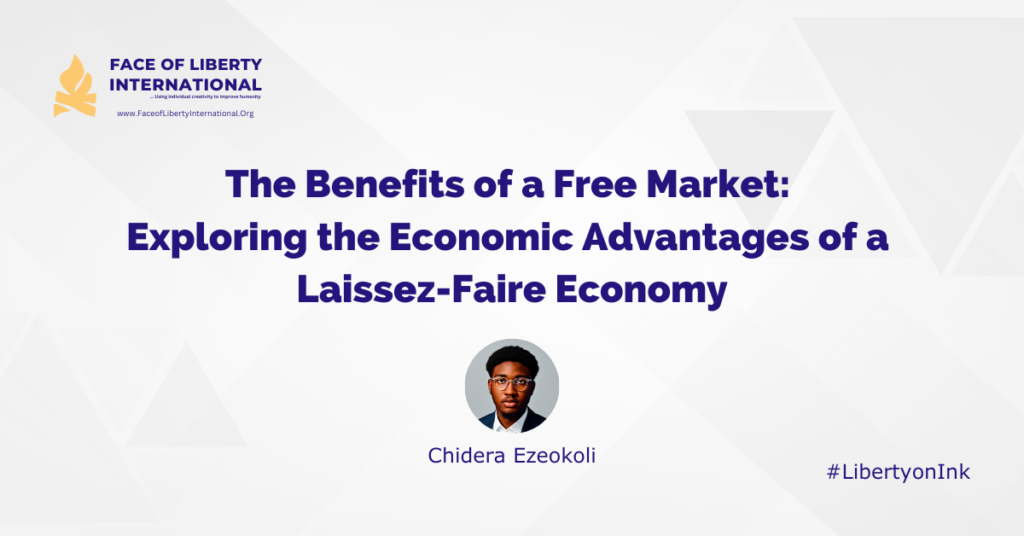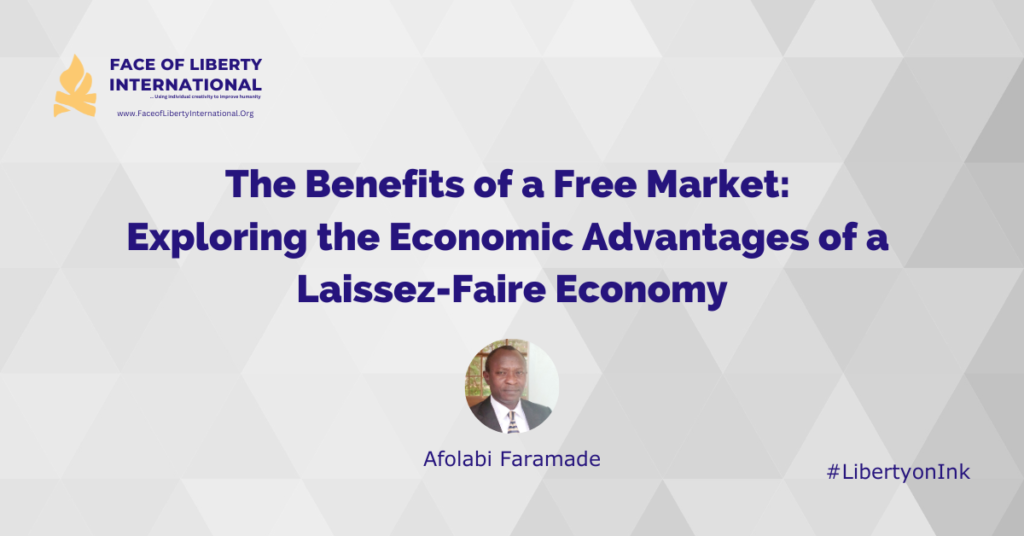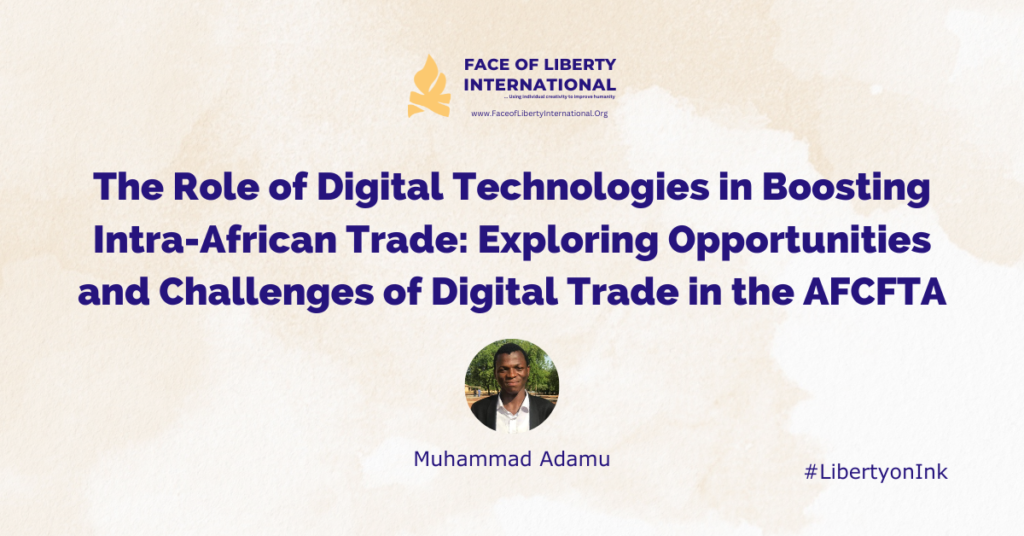Written by Chidera Ezeokoli
Purely free market economies are uncommon, with only a few nations adopting more pro-free market policies. The US, Hong Kong, Singapore, and Switzerland have fundamentally free markets economies where supply and demand determine prices. However, the extent of government regulation in a free market is a subject of ongoing discussion, with debates on topics such as instability and income inequality. Despite the criticisms, proponents of a free market, including notable philosophers and economists such as Ayn Rand, Friedrich Hayek, Milton Friedman, and Ludwig von Mises, have contributed significantly to the idea and economic system of free markets.
Economic Growth & Wealth Creation
An undeniable advantage of a laissez-faire economy is its potential to promote economic growth and wealth creation. In a free market, the pursuit of profit motivates entities to work harder and produce more, leading to faster and more sustainable economic growth than other systems. Adam Smith, the father of modern economics, advocated for this idea in hisbook “The Wealth of Nations.” Smith argued individuals acting self-interested in a market environment would produce the best societal outcomes. He believed the “invisible hand,” his well-known theory,would spontaneously distribute resources most efficiently if left to its own devices.
Innovation & Entrepreneurship
A laissez-faire economy also promotes innovation and entrepreneurship, developing new goods and services to meet consumer demands. In a free market, anyone can launch a business and compete against more established ones, as there are no restrictions or bureaucratic hurdles imposed by the government. This encourages firms to take risks, ultimately driving progress.
Ayn Rand, a philosopher and author argued that a free market system would incentivize innovation by allowing people and businesses the flexibility to pursue their self-interest and compete. She believed that competition would result in new and improved products, services, and technologies. In her book “Capitalism: The Unknown Ideal,” Rand stated, “The progress of humanity depends on the progress of the individual. The spirit of the free enterprise system is the spirit of the entrepreneur: the man who sets out to produce material values and does so by creating new combinations of the factors of production.”
This suggests that the advancement of society relies on the growth and development of individuals and that fostering an entrepreneurial culture motivated by a free market can lead to novel solutions to problems, economic growth, and overall progress. Her other works also explored these concepts, including “The Fountainhead” and “Atlas Shrugged.”
Price Constancy
In a free market, prices are determined by supply and demand, leading to a greater chance of price constancy and accuracy in reflecting the actual value of goods and services. Price consistency can boost consumer confidence and spur investment, leading to further economic expansion. F.A. Hayek, a notable economist, argued that “The price system is a mechanism for communicating information, and it is that mechanism which we must rely upon to coordinate our economic activities” in his work “The Use of Knowledge in Society.” This implies that a price system is crucial for coordinating economic activity. It conveys information about supply and demand, allowing individuals and businesses to make informed decisions on what to produce, how much to produce, and at what cost.
A laissez-faire economy has various economic advantages, including promoting economic growth, innovation, and entrepreneurship and maintaining price constancy. While there may be valid arguments against a free market, it is clear that there are significant benefits to this economic system that governments should pursue.
Chidera Ezeokoli is leading Students For Liberty in the University of Nigeria (UNN) as its President, while pursuing his degree in German Language. He advocated against Campus Sexual and Gender-Based Violence for the EU-UN Spotlight Initiative with Women At Risk Foundation in 2020. Also, he was a Finalist of the World Youth Essay Competition in 2018 and a Silver Awardee of The Queen’s Commonwealth Essay Competition in 2019.
He spends his free time volunteering causes that he is passionate about when he isn’t making art. His writing has been published on Rational Standard, African Liberty, Sahara Reporters, Vegan Melanated, and his own Medium blog, where he chronicles his life experiences.



